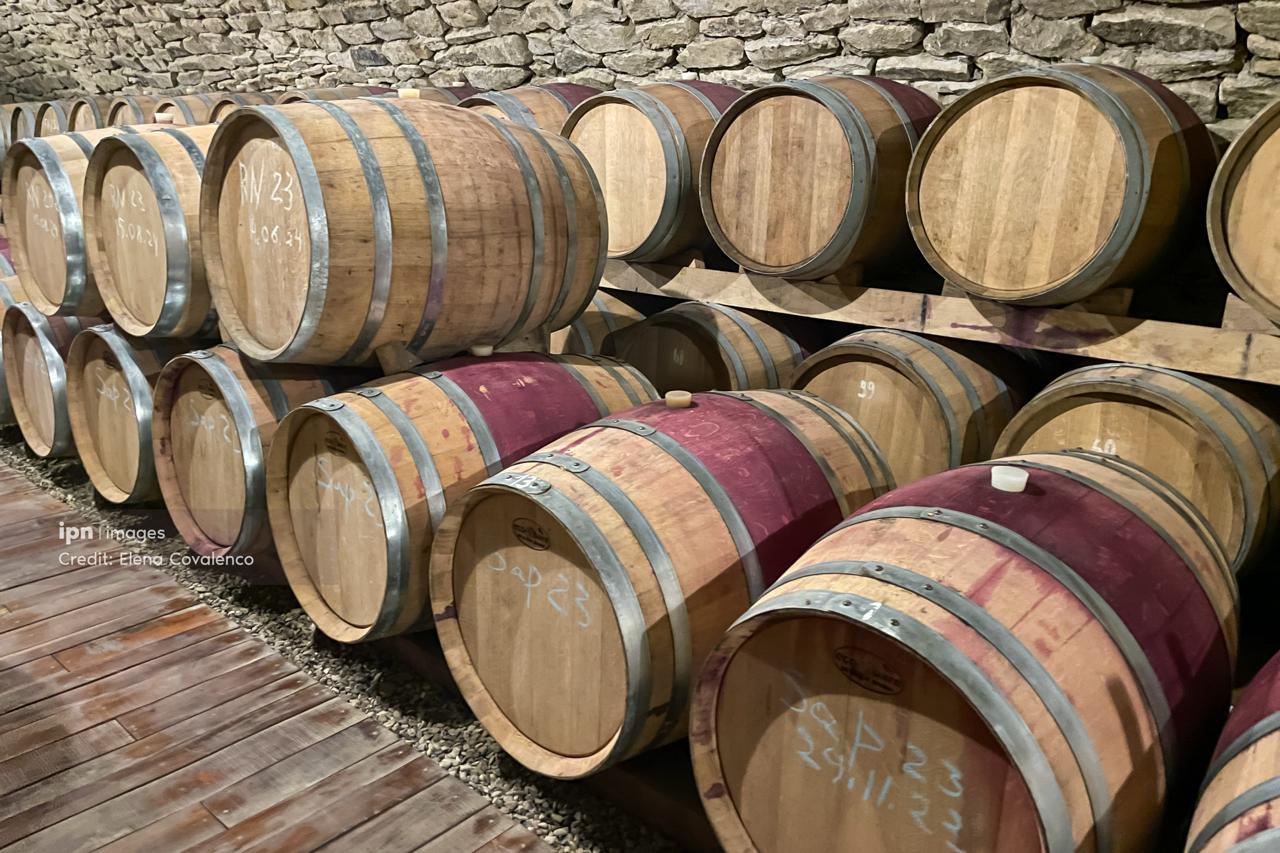Archaeological and botanical research indicates that the wild vine (Vitis sylvestris) has existed on the current territory of the Republic of Moldova since the Miocene era, a geological epoch that began about 23 million years ago and ended 5.3 million years ago. Among the most relevant evidence is the discovery of a fossilized leaf of Vitis teutonica near the town of Naslavcea in the north of the country, but also the current presence of wild vines along the Prut and Nistru rivers. The information can be found in a project that reconstructs the origins of viticulture in Central and Eastern Europe, with a focus on the current territory of the Republic of Moldova, IPN reports.
It is the scientific and cultural project “7000 years under wine”, presented by the Ministry of Agriculture and Food Industry at a meeting attended by representatives of the academic, cultural and wine sectors.
According to the Ministry, an essential role in the early development of viticulture was played by the Cucuteni-Trypillia civilization, one of the oldest European cultures, which populated this region about 7000 years ago. Archaeological sites in Rusestii Noi, Sacareuca and Varvareuca-VIII revealed grape seeds and other archaeobotanical traces that attest to the practice of viticulture since that period.
A special symbol of the viticultural heritage is a vine leaf imprinted in a clay fragment, discovered in Brinzeni, which is about 6500 years old. Specialists believe that this is a possible early emblem of the wine tradition in the Moldovan space.
The project also has an innovative component: the experimental production of a wine from wild vines, harvested from forested areas on the banks of the Prut. The wine was obtained under controlled conditions at Mircesti Winery, in cooperation with the Technical University of Moldova, and was scientifically documented. The initiative provides new research directions for adapting viticulture to climate change..
Being anchored in a common heritage of South-Eastern Europe, the project “7000 years under wine” also opens up prospects for international cooperation, especially with research institutes of Romania and Ukraine – countries that share the heritage of the Cucuteni-Trypillia civilization.
